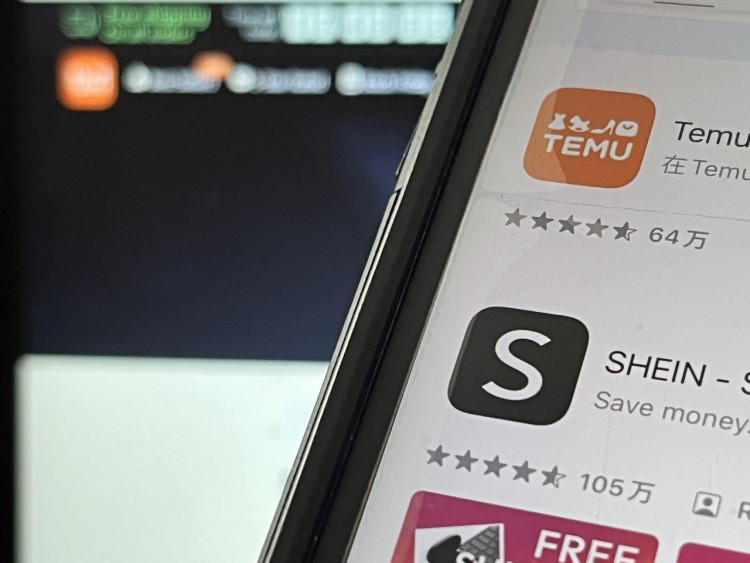Temu, the Chinese e-commerce platform known for its deep discounts and aggressive U.S. marketing, has sharply scaled back its advertising campaign and fallen precipitously in app store rankings as new tariffs imposed by President Donald Trump threaten to upend its low-cost retail model.
The platform, owned by Shanghai-based PDD Holdings, informed customers it will raise prices beginning April 25 due to "recent changes in global trade rules and tariffs." The move follows the White House's decision to eliminate the de minimis exemption, which allowed shipments under $800 to enter the U.S. duty-free, and to impose a sweeping 145% tariff on imports from China.
Temu's downloads on Apple's App Store have plunged 62% in recent days, according to SimilarWeb data, dropping the once-dominant platform from the top 10 to No. 69 in the U.S. Shein, another China-based fast-fashion retailer facing similar pressures, has fallen from No. 15 to 42.
"Due to recent changes in global trade rules and tariffs, our operating expenses have gone up," Temu said on its website. "To keep offering the products you love without compromising on quality, we will be making price adjustments."
Temu's pullback in the U.S. has been stark. Paid website traffic driven by search, display, and social media ads has dropped 77% since April 11, according to SimilarWeb. The company's presence on Google Shopping plummeted from 20% of U.S. ad impressions on April 5 to zero one week later, marketing firm Tinuiti found.
Once a prolific advertiser on Facebook and Instagram, Temu now has just six active ads in the U.S., down from tens of thousands. Globally, it continues to advertise heavily in Europe and the U.K., with around 27,000 ads still running, according to Meta's ad library.
The company's U.S. retrenchment has weighed on PDD Holdings, whose shares have fallen 22% this month, far outpacing the Nasdaq's 6% drop. Meanwhile, other Chinese retailers have surged in Temu's wake. DHgate, a Beijing-based wholesaler, has climbed to No. 2 on Apple's top free iPhone app list, while Alibaba's Taobao app sits at No. 7.
The price hikes are part of a broader reckoning among Chinese e-commerce firms adjusting to Trump's escalating trade war. Shein issued a similar notice to customers and warned of "price adjustments" beginning next week.
Amazon has also responded, launching a discount shopping platform called Amazon Haul in November, with many of its offerings sourced from China. But the new tariff structure is expected to drive costs higher across third-party marketplaces, where many sellers rely on Chinese suppliers.
Meta could also feel the impact. Advertising analyst Brian Wieser estimated that $7 billion of Meta's $132 billion ad revenue last year came from Chinese firms, with Temu being one of the largest contributors. The company is set to report first-quarter results on April 30.






